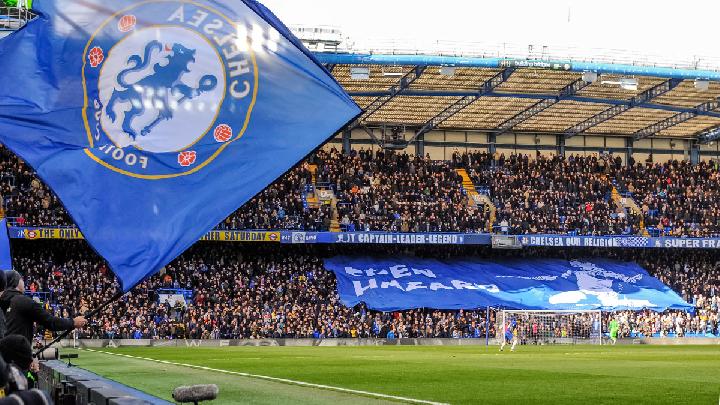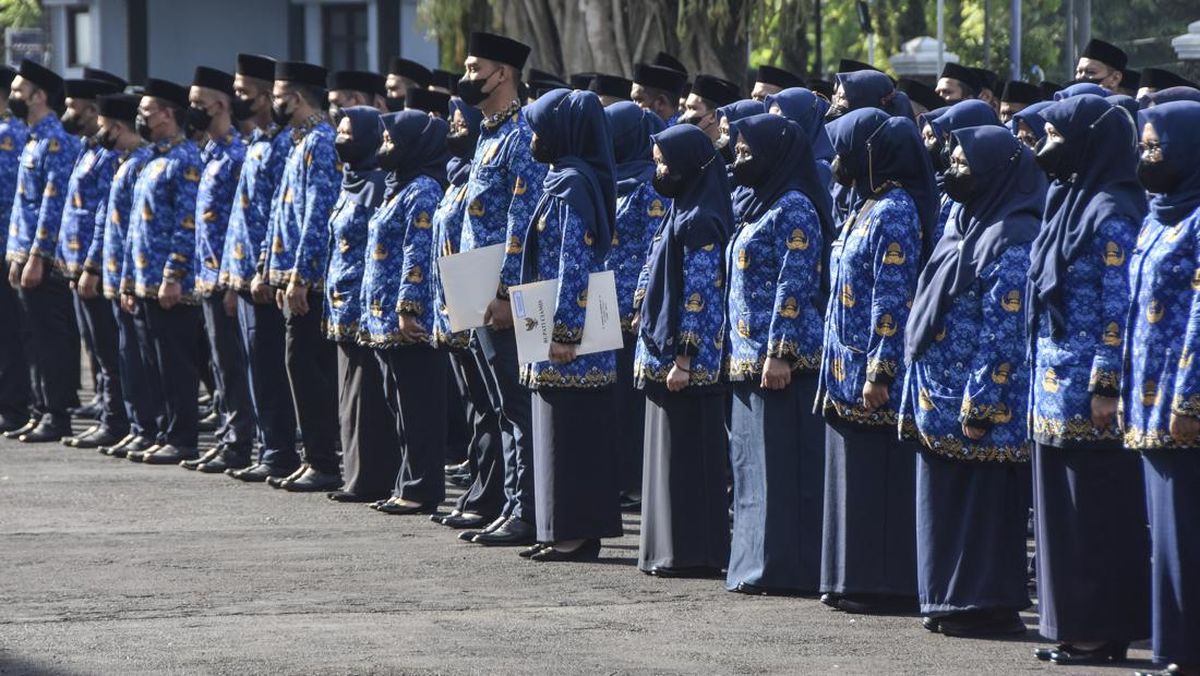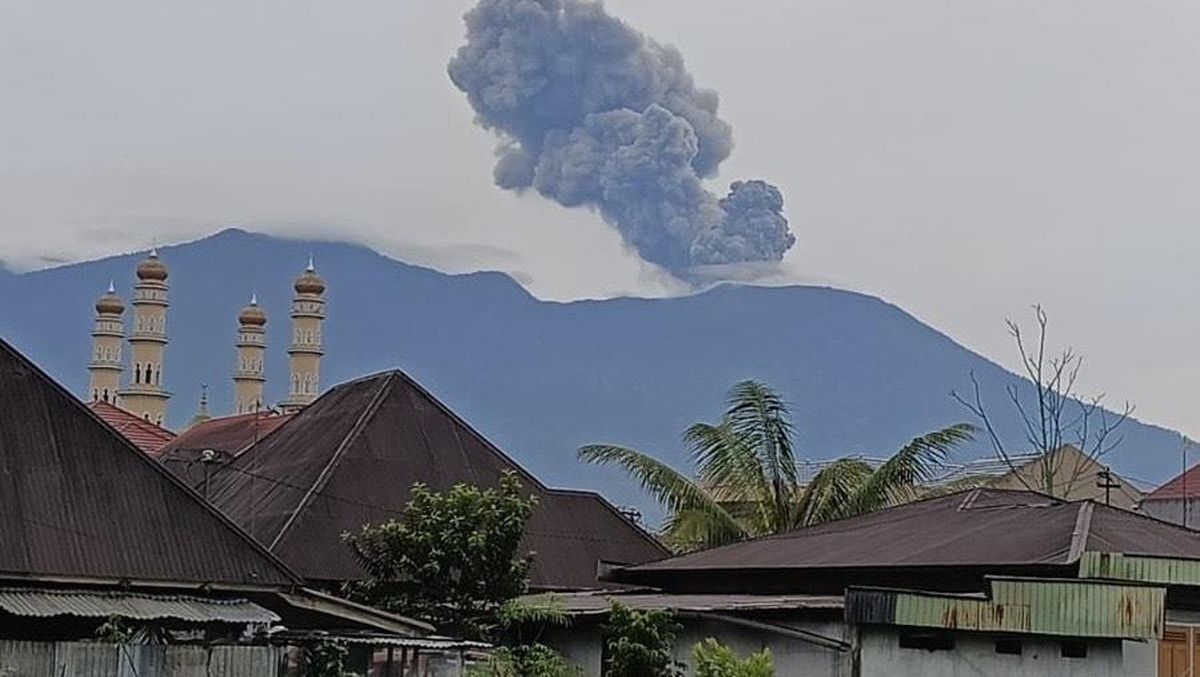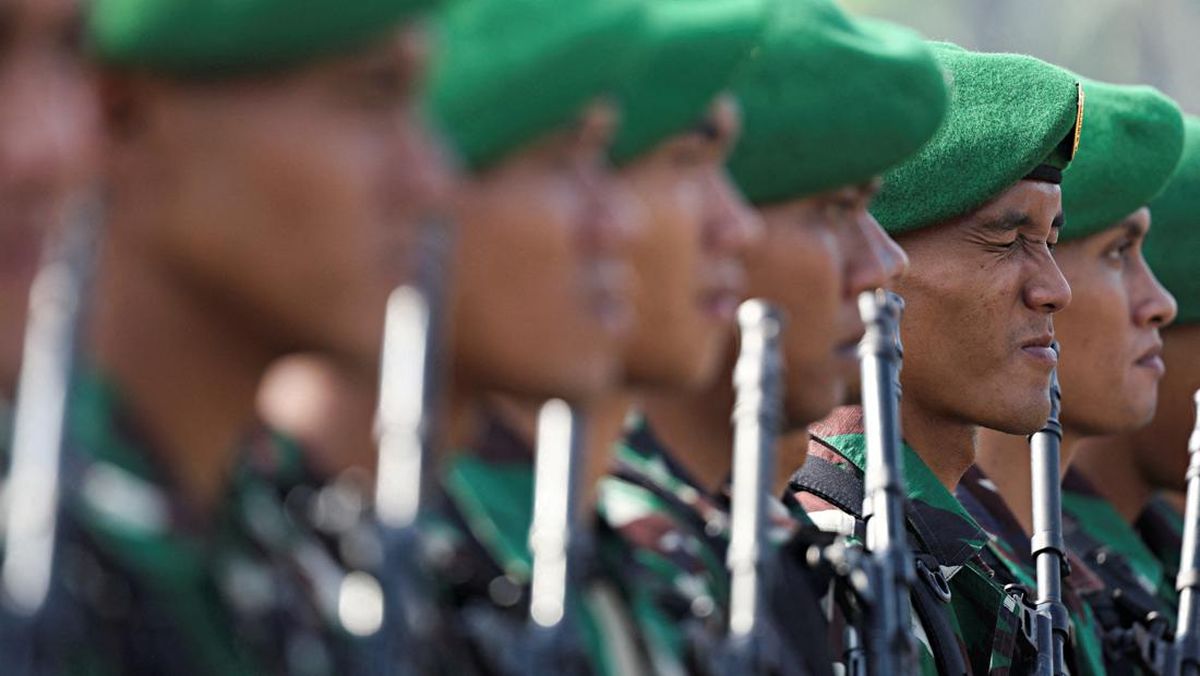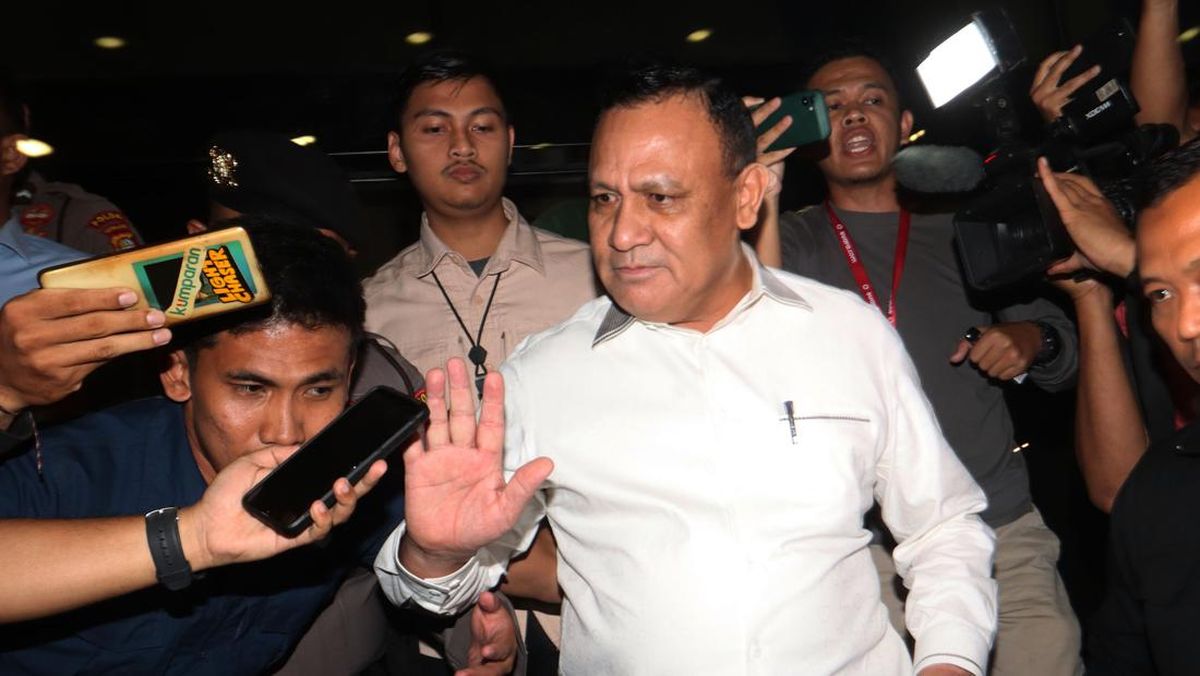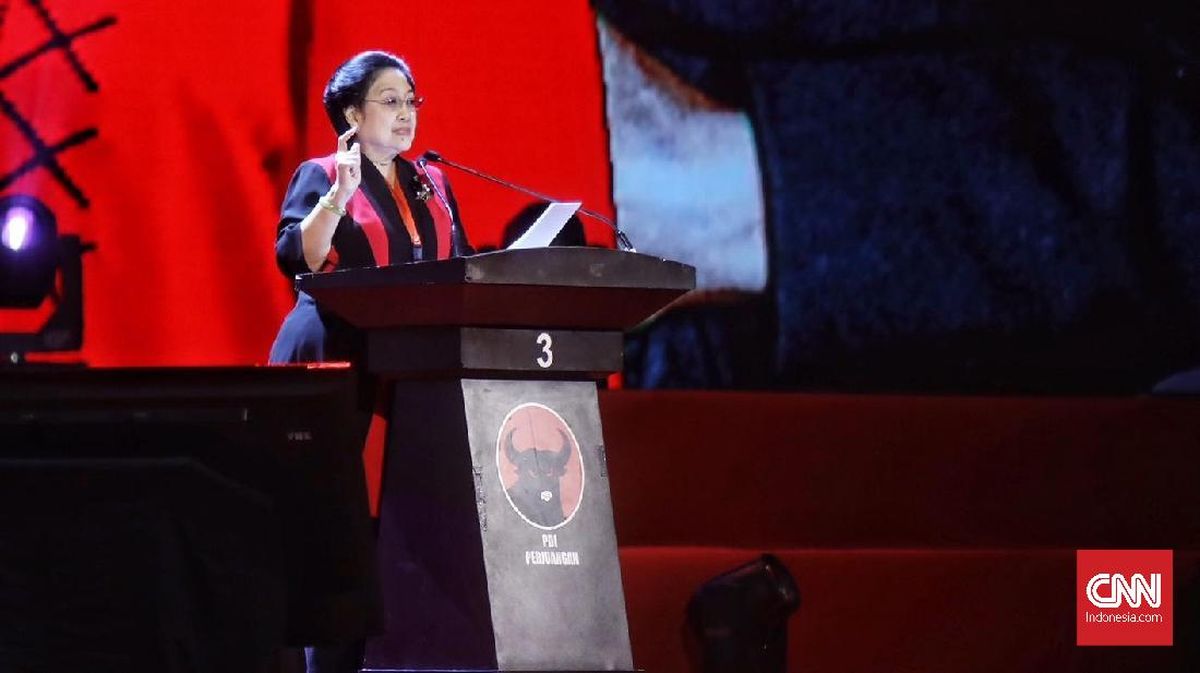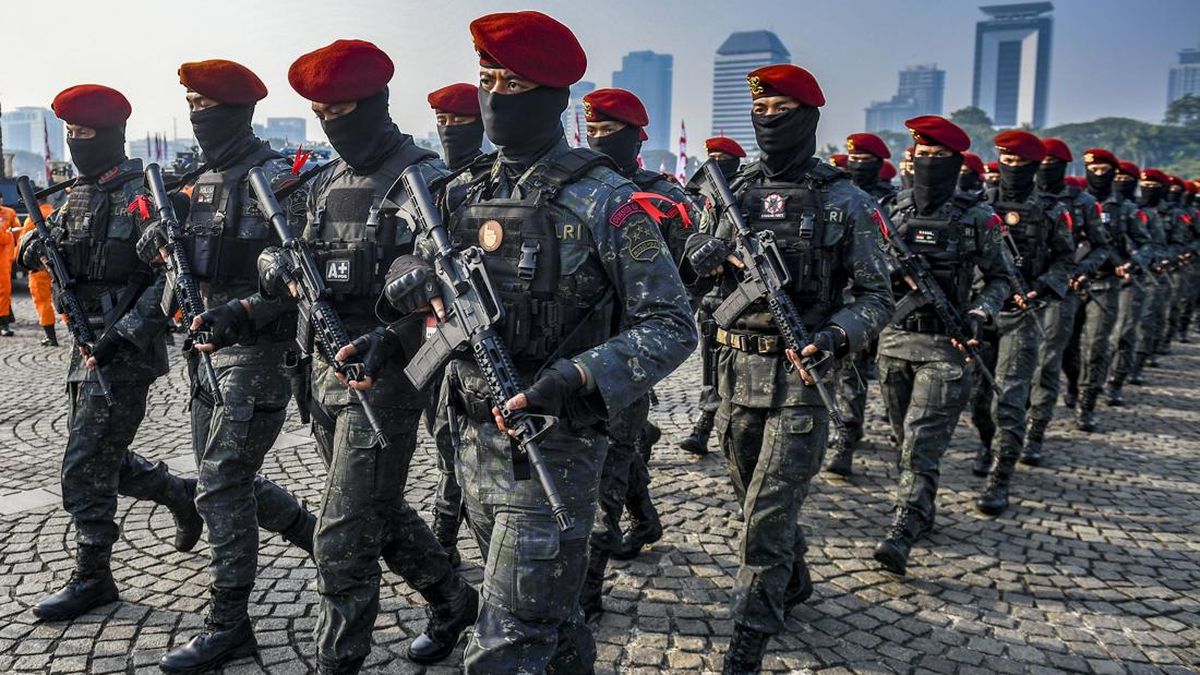TEMPO.CO, Jakarta - President of Syria, Bashar Al Assad, was overthrown by rebel forces in less than two weeks. Major cities were seized by rebels. The climax was when they managed to take over Damascus, the capital of Syria on Sunday, December 8, 2024.
On Sunday, December 8, 2024, the Syrian rebel leader Abu Mohammed Al Julani delivered a victory speech at the historic Umayyad Mosque in Damascus. Al Julani praised the victory of Syrian rebel factions.
"This victory, my brothers, is a historic event for this region," said Abu Mohammed Al Julani, who now goes by his real name Ahmed al-Sharaa, in his speech at the Umayyad Mosque as reported by NDTV.
He also stated that the rebels' takeover is a victory for the entire Islamic country. "Today Syria is being purified," said Al Julani. He added that this victory was born from the people who had been languishing in prison. "The mujahideen (fighters) have broken their chains," he said.
So what caused the Bashar Al Assad regime to collapse quickly?
Aron Lund, a researcher at the Century International think tank, said that the main factor in the rebels' success was the regime's weakness and the reduced international assistance to Assad.
"The efforts of the militant rebel leader Abu Mohammed Al Julani in building institutions and channeling most of the insurrection under his own control are also a significant part of this story," he said as quoted from Channel News Asia.
The severe civil war in Syria began with harsh actions against anti-government protests in 2011. The frontlines had largely remained unchanged over the past four years until the rebels launched a massive attack.
Here are three factors that led to Assad's regime collapse:
1. Powerless Army
The Assad army was nothing more than an empty shell in the midst of a war that had killed more than half a million people and destroyed the country's economy, infrastructure, and industry.
In the early years of the war, experts said a combination of casualties, defections, and military draft avoidance caused Syria to lose about half of its 300,000 troops.
According to the Syrian Observatory for Human Rights, a UK-based war monitor, the army put up little resistance in some areas after the rebels launched an attack on November 27, 2024.
"Since 2011, the Syrian army has been facing a reduction in human resources, equipment, and morale," said David Rigoulet-Roze of the French Institute for International and Strategic Affairs.
Low-paid soldiers were reportedly looting resources to survive. Many young people were avoiding the military draft.
On December 4, Assad ordered a 50 percent increase in the salaries of career soldiers. With Syria's poor economy, the soldiers' salaries were almost worthless. The military has not made any official comments since Damascus fell to the rebels.
2. Abandoned by Iran and Russia
Assad heavily relied on military, political, and diplomatic support from his main allies, Russia and Iran.
With their help, he managed to regain lost territories after the conflict erupted in 2011 with the crackdown on anti-government protests, and Russia's 2015 airpower intervention turned the tide in favor of Assad.
However, last month's rebel attacks occurred while Russia was still bogged down in the war in Ukraine. The Russian airstrikes this time failed to hold back the rebels led by militants who controlled most of the territories including major cities of Aleppo, Hama, Homs, and eventually Damascus.
Another major ally of Assad, Iran, has long provided military advisors to the Syrian armed forces and supported pro-government armed groups in the field.
But Iran and its allies have suffered setbacks in battles with Israel since the Gaza war broke out. Iran also struggled due to Israel's war with Hezbollah.
3. Weakened Hezbollah
The Lebanese militant group, Hezbollah, has openly supported Damascus on the ground since 2013. Hezbollah sent thousands of fighters across the border to bolster the military.
However, the rebels launched an attack last month on the same day when a ceasefire began between Israel and Hezbollah, after more than a year of hostilities in Lebanon.
Hezbollah moved many of its fighters from Syria to southern Lebanon to face Israel, thereby weakening its presence in the neighboring country. A source close to Hezbollah said that hundreds of the group's fighters had been killed in the conflict with Israel, without providing exact numbers.
The battle also decimated Hezbollah's leadership. The previous leader of Hezbollah, Hassan Nasrallah, his successor, and several senior commanders were killed in Israeli airstrikes.
Israeli Prime Minister Benjamin Netanyahu said Bashar al Assad's ousting was a direct result of the blows dealt to Iran and Hezbollah, Assad's main supporters.
Editor's Choice: 8 Most Expensive Celebrity Homes, From Beyonce to Taylor Swift
Click here to get the latest news updates from Tempo on Google News

 3 months ago
93
3 months ago
93

















